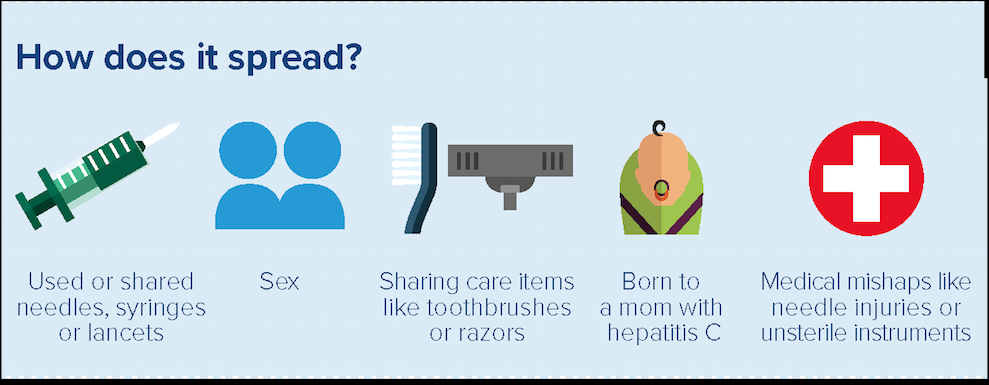☰ Menu
Rawlley Humancare Projects for Life Foundation
PROJECTS
HCV Awareness and Screening
Motivation for Starting:
Once we were surfing on google and saw a Massachusetts General Hospital news which said that over 0.69% of the Indian population(9 Million) is infected with HCV. This made us ponder upon the disease, and this was our motivation to make people aware of the fatal disease. So we started holding HCV Awareness and Screening Camps, and we found that over 5.71% of the Indian population(74.23 Million as compared to the previous 9 Million) is infected with HCV. Seeing these stats now the central and the state governments have started taking this deadly disease seriously.
Goal:
Our goal is to eliminate HCV by making people aware of this fatal disease
Work:
Our work is making people aware of HCV, and screening them to check whether they are HCV -ve or +ve and guiding them about the treatment.
Progress:
We have performed many Awareness as well as Screening Camps in Punjab,Jammu & Kashmir and Haryana with the support of respective state governments and Mylan Pharmaceuticals, which is a US based company.Till date we have screened over 350k people out of which 20k HCV positive patients have been detected.From this 20k, 10k are on treatment and 5k have already completed cured.
Cause of Disease:

Symptoms:
- Fatigue
- Poor appetite
- Stomatch pain and nausea
- Diarrhea
- Muscle and joint pain
- Dark yellow urine
- Yellow skin and eyes
Prevention:
- Never share needles. Intravenous drug users are at greatest risk of becoming infected with hepatitis C because many share needles. In addition to needles, the virus may be present in other equipment used with illicit drugs. Even sharing a straw or dollar bill when snorting cocaine could lead to hepatitis C transmission. Bleeding in the nasal passages frequently occurs when taking cocaine this way, and microscopic droplets may enter the straw and be passed on to the next user, even if they can't be seen.
- Avoid direct exposure to blood or blood products. If you are a medical worker or health care provider, take precautionary measures to avoid coming into direct contact with blood. Any tools that draw blood in the workplace should be discarded safely or sterilized appropriately to prevent hepatitis C infection.
- Don't share personal care items. Many items that we use on a daily basis will occasionally be exposed to blood. Often people will cut themselves while shaving, or their gums will bleed while brushing their teeth. Even small amounts of blood can potentially infect someone, so it is important not to share items such as toothbrushes, razors, nail and hair clippers, and scissors. If you are already infected with hepatitis C, make sure you keep your personal items, such as razors and toothbrushes, separate and out of reach from children.
- Choose tattoo and piercing parlors carefully. Only use a licensed tattoo and piercing artist who follows appropriate sanitary procedures. A new, disposable needle and ink well should be used for each customer. If in doubt, inquire about their disposable products and sanitary procedures before getting a tattoo or piercing.
- Practice safe sex. It is rare for hepatitis C to be transmitted through sexual intercourse, but there is greater risk of getting hepatitis C if you have a sexually transmitted disease, HIV, or multiple sex partners or if you engage in rough sex.
News:




